
Taking on climate change in vineyards
Winemaker Warren Winiarski is helping bring new life to landmark UC Davis research
Warren Winiarski knows how to make beautiful wine and wants to help his beloved Napa Valley continue to do so for years to come. The legendary founder and former winemaker of Stag’s Leap Wine Cellars fame is funding an ambitious research project to update and expand the globally recognized Winkler Index and give the industry new tools to cope with climate change.
“I want to support this effort because I benefited so much by reading the work of professors Amerine and Winkler from the decades following Prohibition that guided wine grape growers in what to plant and where,” Winiarski said. “It’s even more important today with climate change, and we’ve learned so much since then.”
Few winemakers have had the impact on the Napa Valley and the wine world that Winiarski has. He came to California in the early 1960s with his young family to pursue a dream of embracing the agrarian life of a grape grower and winemaker. He learned the craft by working with some of the best winemakers of that era, including Lee Stewart, André Tchelistcheff and Robert Mondavi.
“So putting these three teachers together, I had a very good curriculum,” Winiarski said. “From them I learned what makes a beautiful wine—a sense of completeness. It has to have a beginning. It has to have a middle. And it has to have an end—giving an impression of completeness is beautiful.”
He also learned from Maynard Amerine, who with fellow UC professor Albert Winkler, studied wine made from more than 100 different wine grape varieties in the 1930s and ‘40s to see which ones were best suited for different regions of the state. Wine grape samples were taken from vineyards back to Davis, where the two scientists made literally thousands of vintages and meticulously recorded their scientific observations along with tasting notes on index cards.
Their research resulted in what became known as the Amerine-Winkler Heat Summation Index, or simply the Winkler Index, and it provided essential guidance needed to improve wine quality in the state. They wrote a famous UC extension publication based on their research—California Wine Grapes: composition and quality of their musts and wines—that many grape growers used in their decision making for years afterward. Winiarski keeps his treasured, marked-up copy of Bulletin 794 in a plastic sleeve.
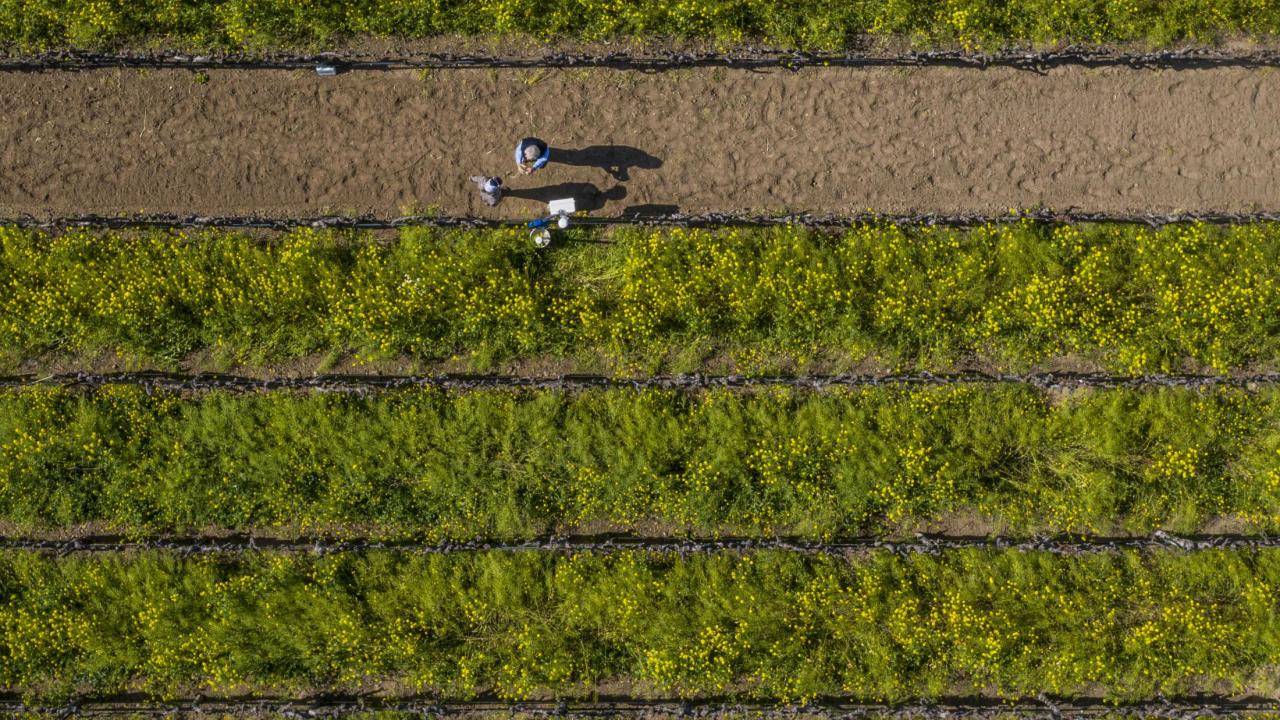
The pivotal moment for Winiarski came in 1976, when a bottle of his Stag’s Leap Wine Cellars Cabernet Sauvignon was entered into a blind wine tasting competition in France and won. It became known as the Judgment of Paris and shocked the wine world, instantly elevating the image of the Napa Valley among the oenophiles of the world.
Winiarski, who is now 92, is quick to credit the university with helping him understand the nuances of grape growing and how to transform the fruit of his vines into balanced, flavorful, exquisite wines. But he also recognizes that the world is shifting in profound ways and has personally been affected by the effects of climate change. Two years ago he and his wife, Barbara, were forced to evacuate their home as wildfires threatened the Napa Valley. Last year, another fire claimed a barn and two residences several miles away at his Arcadia Vineyard where he still grows wine grapes in the Coombsville AVA of Napa Valley.
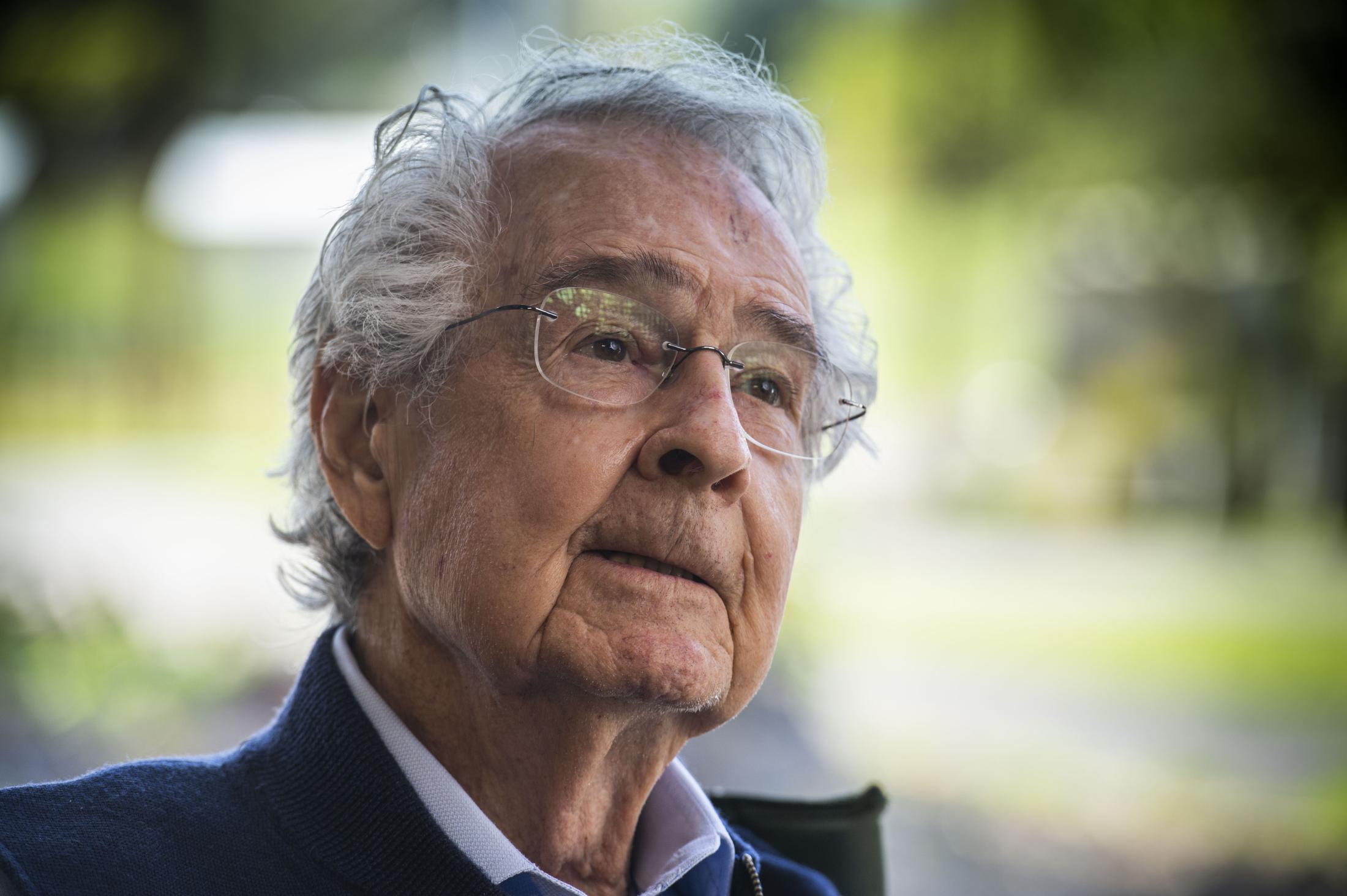
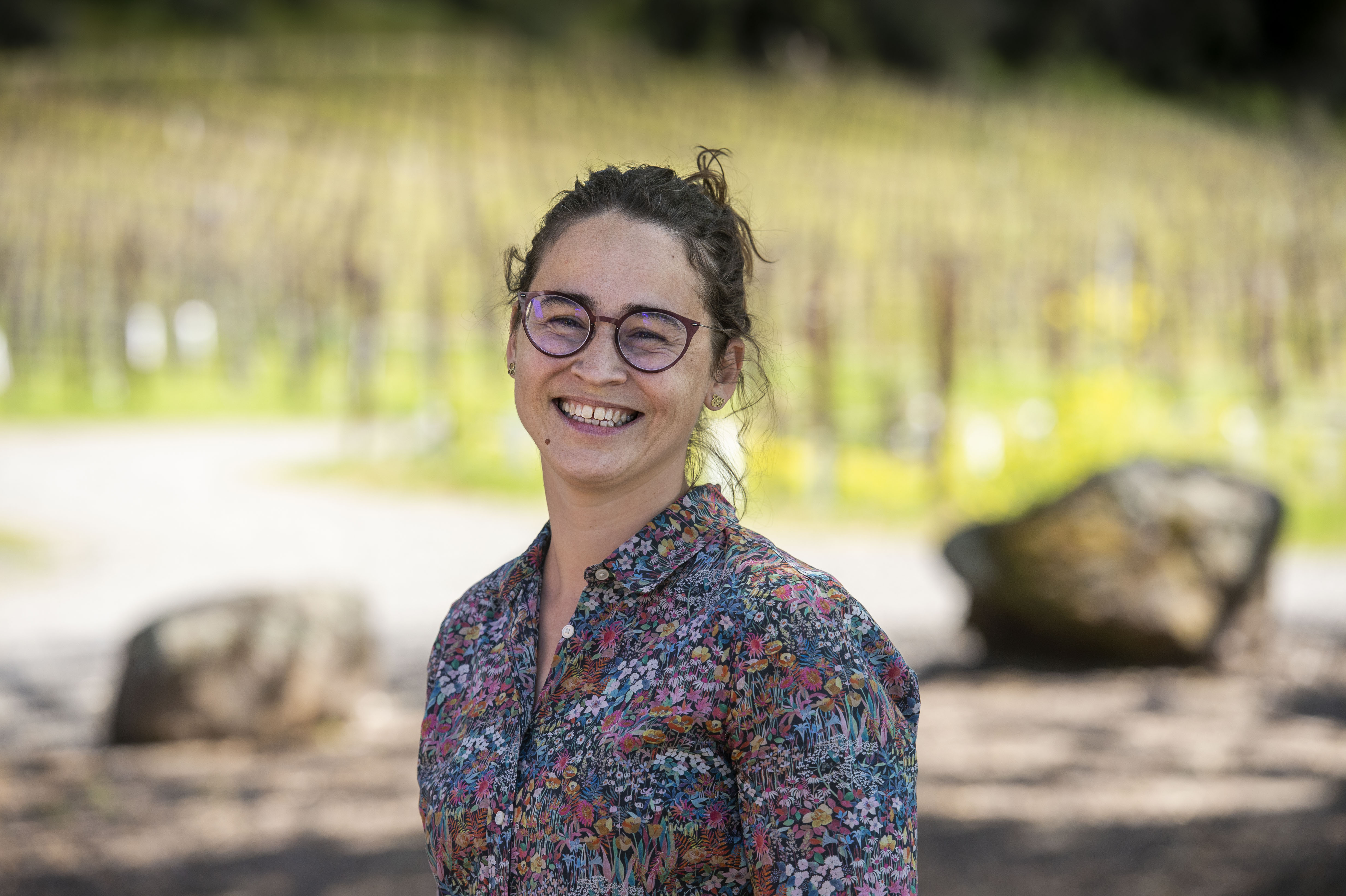
“Because we are in a period of climate change, we need more refined and comprehensive ways of measuring the effect of heat on plant physiology and grape maturity,” Winiarski says. “The development of new methods of measurement would be extraordinarily helpful. With better knowledge of changes in the compositional elements in the grapes in the vineyard, we’ll have better guidance on how to respond in the winery and create the wines we want to make.”
Winiarski has donated more than $450,000 toward The Warren Winiarski Fund for Advancing the Amerine-Winkler Index. Beth Forrestel, an assistant professor in the Department of Viticulture and Enology, is leading the project to update the Winkler Index with sophisticated monitoring technology and remote sensing data to help paint a fuller picture of the environmental factors that most significantly affect plant growth, berry chemistry and, ultimately, wine quality.
“There is a renewed interest by industry and stakeholders to understand how to best mitigate climate change effects on existing vineyards and choose appropriate cultivars for the future,” Forrestel said. “The new methods and data sources we’re bringing to this project will help us do just that. Our goal is to generate a new metric of cultivar suitability that integrates all relevant climatic and environmental factors.”
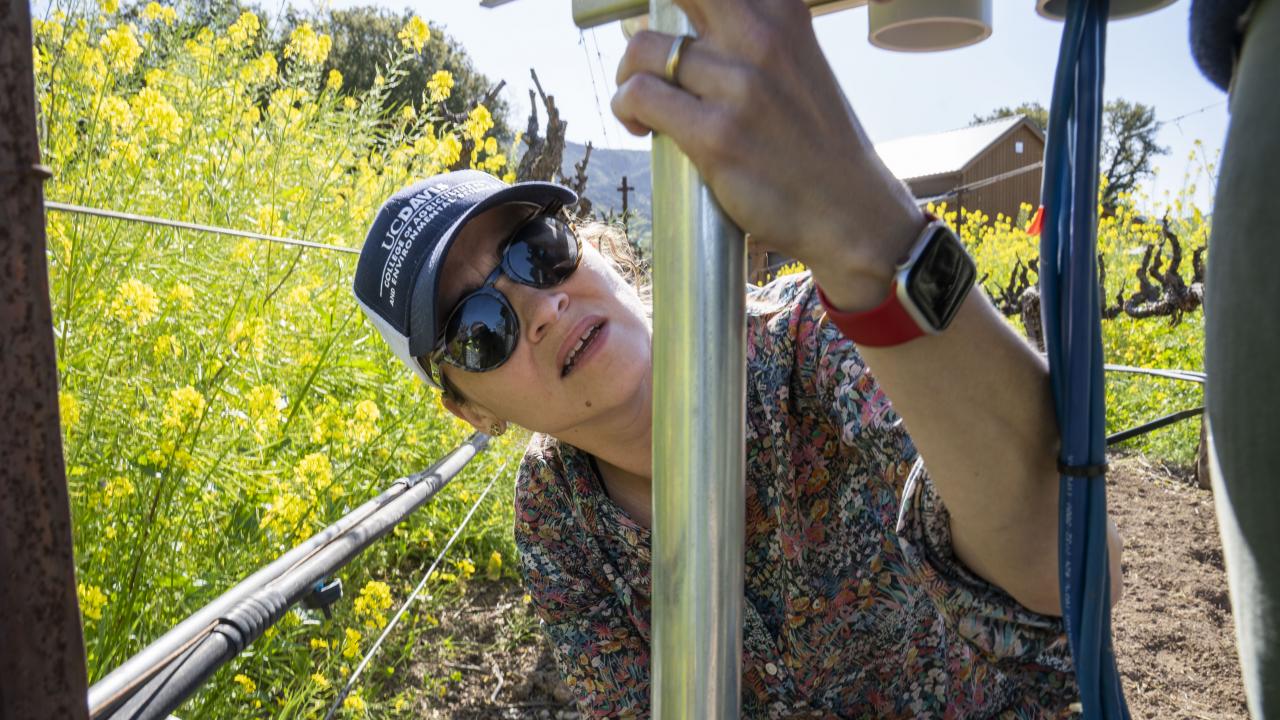
Field work in 2020 was delayed by wildfires, smoke and the pandemic, but now the project is building momentum. Data this season will be collected from Cabernet Sauvignon vineyards throughout the Napa Valley to document conditions in its many microclimates. Information will be gathered on a wide range of factors in the vineyard, such as light intensity within the grapevine canopy, soil characteristics, field-specific irrigation practices, estimated water use, berry chemistry, temperature and physiology—all things that ultimately have a bearing on wine quality.
Heat stress in vines is a particular concern that can have huge implications on berry chemistry. For instance, tannins are a crucial component in wine. They begin to form in the spring when grapevines are flowering, so even a heat event early in the season could affect the resulting chemical profile of the grapes throughout the season.
“We have found that there are changes in the production of important phenolic compounds, such as tannins and anthocyanins, in response to heatwave events, which could have effects on mouth feel and aroma, as well as astringency,” Forrestel said.
More refined knowledge of what’s happening to grapes in the vineyard will give growers the knowledge they need to take appropriate management actions like modifying irrigation practices. A number of growers and wine companies in the Napa Valley have expressed an interest in collaborating with UC Davis to provide data from their own weather stations. Forrestel says there is quite a buzz in the industry about the project because it promises to deliver practical solutions to a real-world challenge. The long-term vision is to expand the work to other parts of California, including other coastal valleys and the Central Valley, as well as to other wine grape varieties.
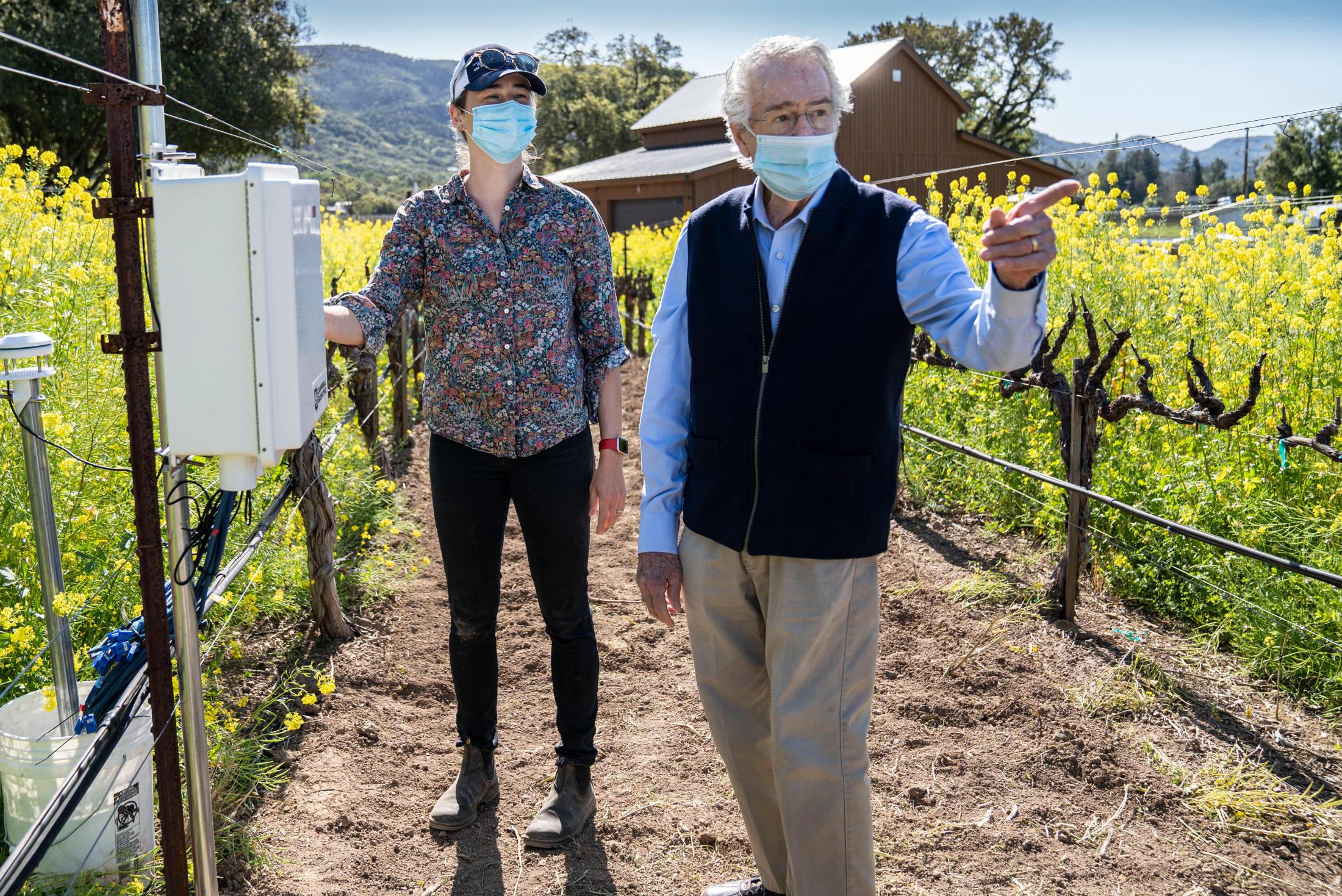
“The establishment of a new index and the development of new models of grapevine and berry development will provide guidance for the viticulture and wine industry to cope with current and future climate, manage existing vineyards, and make decisions on future plantings and winemaking choices,” she said.
Ever the pragmatic philosopher, Winiarski is excited about where the project is headed. “This will be used on a worldwide scale, just as the original work of Amerine and Winkler was used on a worldwide scale to give winemakers the opportunity to make better wines, more beautiful wines and more satisfying wines,” he said.
Media Resources
Progress in climate study of wine grapes despite challenges of 2020
Media contact:
Amy Quinton, News and Media Relations, cell 530-601-8077, amquinton@ucdavis.edu